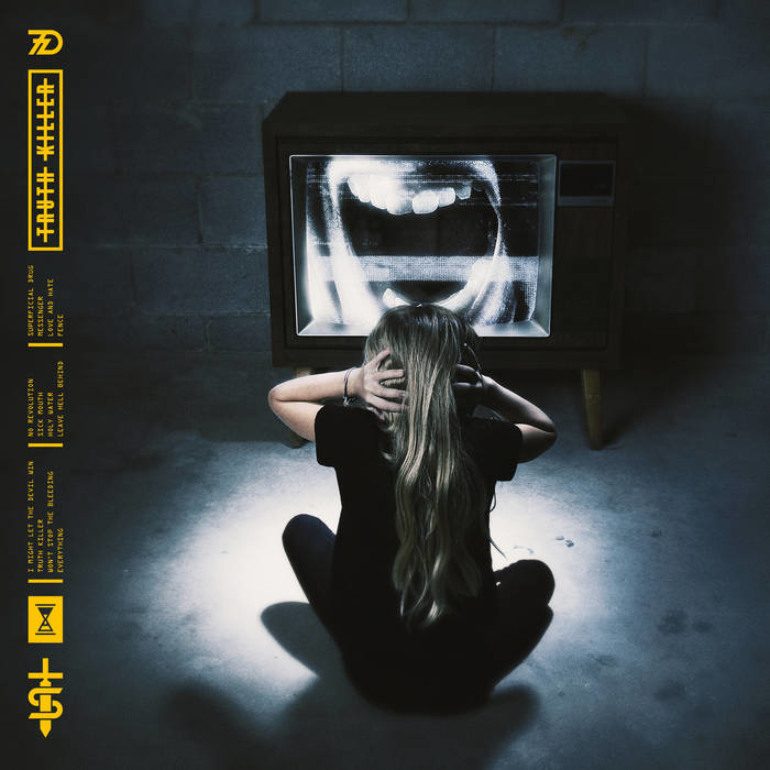

Vigorous and epic yet conventional
Georgia’s own Sevendust have been playing their brand of alternative and nu metal for nearly 30 years. They have persevered together through thick and thin and their impressive list of albums puts many bands their age to shame. On July 28, they released their fourteenth record, Truth Killer.
There are certain expectations when it comes to the sound of newer Sevendust albums. For at least a decade, the band’s output has wavered around an accessible style of alternative metal which has its heavy moments, but focuses mainly on melody (some metal purists are clicking away already; wait, there’s more). One of the key components to Sevendust’s sound is the soulful, skilled delivery of their melodies – thanks mostly to the powerhouse that is lead vocalist Lajon Witherspoon – which helps them stand out more than your average modern metal chorus. The band has also maintained their use of heavy downtuned riffs going all the way back to their nu metal days in the 90s, though their emphasis on these riffs always varies from track to track and album to album. At the end of the day, however, what makes a good Sevendust record stand out from a weak one is the same as with any other band: quality songwriting and consistent instrumental performances.
On Truth Killer, Sevendust deliver on their expectations and then some. The twelve songs here match the powerful, heartfelt energy of their recent releases, but there’s an extra sense of vigor. The most concrete example to point to comes from Clint Lowery’s guitar and Vince Hornsby’s bass, which seem closer to the groovy, downtuned riffing that the band began with in the 90s. This shift toward heaviness certainly beefs up the riffs and breakdowns of this record (just check out “Fence”), but it also enhances the choruses, helping the vocal melodies feel more epic.
What’s most epic about the vocal melodies, though, are the vocals themselves. Apparent changes in production and writing, including more harmonies, make the spacious and powerful feeling of Witherspoon’s delivery even more pronounced. When the heaviness and epicness come together, some very satisfying music emerges, like in “Won’t Stop the Bleeding,” “Sick Mouth” and “Love and Hate.”
This is not a perfect record, however. As with almost all of Sevendust’s alt metal output, there are moments that just don’t hit as hard as they could. One example comes as soon as you hit play on the album, with the opener “I Might Let the Devil Win.” It’s a slow pop-rock song with a big boomy finish, which could be an interesting alternative to the band’s normal opening bangers but unfortunately the repetitive, cliched lyrics and hollow songwriting fail to give it enough substance to start things off right.
Over the rest of the record, the shortcomings are more subtle. Every song on this record has strong moments that make them shine thanks to the increase in heavy, epic feel, but many songs also seem to fall short of the promise which that increase brings. To put things more clearly, Sevendust still rely on conventional tropes for alternative metal songwriting in this album and when they don’t succeed in finding dynamite riffs, hooks or melodies 100% of the time, it can quickly start to sound like filler. That doesn’t stop the many strong moments on Truth Killer from being electrifying but it does mean that the record is not all that it could be.
Even so, Truth Killer is a strong addition to Sevendust’s catalogue. Fans of alternative metal should check it out for its sweet, catchy and heavy melodicism and fans of nu metal will have a great time with its heavier riffs.
